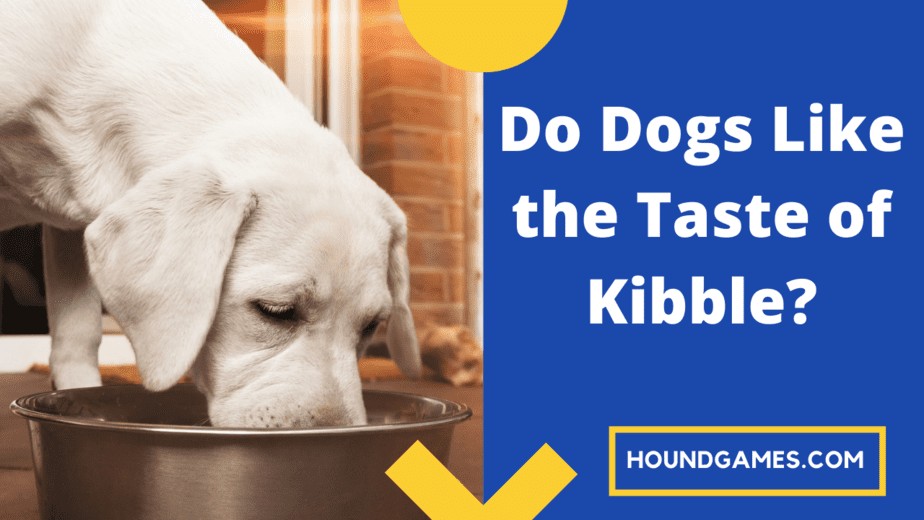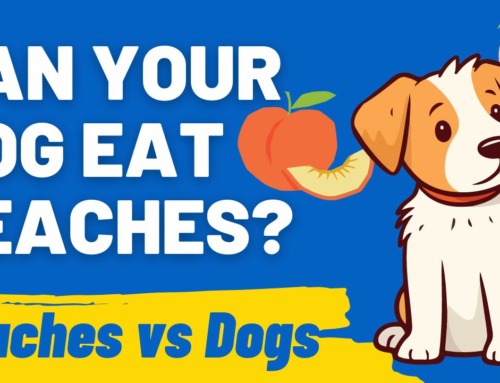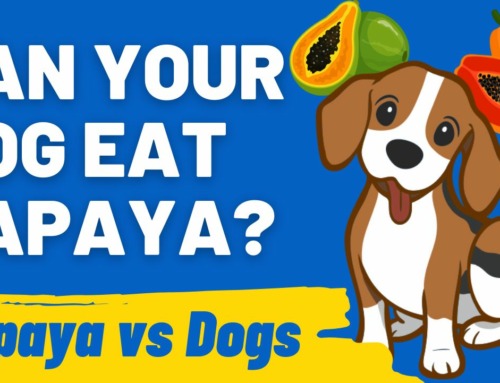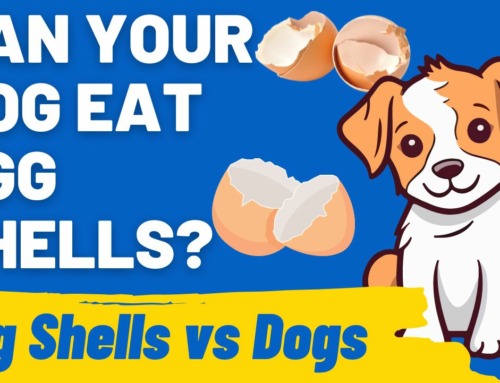When you’re feeding your dog the same thing each day, you’d like to think they enjoy it, right? In this post we’ll answer the question, do dogs like the taste of kibble, and do they get bored with eating the same thing?
Does kibble taste good to dogs?
It appears that dogs do enjoy kibble – if they didn’t, they likely wouldn’t eat it! Many pet food companies conduct tests to determine what sorts of flavors and textures the dogs prefer, too, in order to create the best kibble they can market to pet owners.
We know that dogs have different preferences for food, both as a species and as individuals. One study on a group of Beagles found that they preferred treats of fish oil, liver, and potato flour over other treat combinations (such as tofu, lard, and chickpea flour).
Smell is also a critical part of how dogs perceive food and whether or not they enjoy it. Dogs only have around 1700 taste receptors, compared to our 9000, but they do have a much better sense of smell than we do.
In a study conducted on free-ranging dogs, they found that dogs:
● Choose bread soaked in chicken broth over dry bread or bread soaked in water.
● Choose to consume kibble, or bread, based upon how much chicken broth each was soaked in, rather than kibble or bread by itself.
This shows us what many dog owners already knew – dogs prefer the smell of meat!
Rather than choose the high protein food of the kibble, no matter what, the dogs chose to first eat either the bread or kibble that had been soaked in the highest concentration of chicken broth.
The dogs did not have a preference between the kibble or bread – their only preference was based on the stronger meat smell.
Other studies on young puppies have shown no preference on meat VS non-meat smelling foods. Puppies at a young age likely did not discriminate and ate whatever was closest because they had not had to learn to scavenge.
As the puppies grew older, their preferences switched to foods smelling more like meat. It’s apparently an innate evolutionary behavior of adult dogs to prefer meat-smelling foods.
This makes sense, considering that in most cases, foods smelling strongly of meat will contain the most protein (and other nutrients) a dog needs. Most of the natural world isn’t manipulated the way smells were in these experiments.
It’s still fascinating, though, to consider how a dog perceives their food and the intrinsic link between the sense of smell and the sense of taste. If you’re wondering if your dog can get bored of their food, then also be sure to read our post Do Dogs Get Bored of Their Food? Answered!
The above has been highlighted even in humans, especially during the COVID-19 pandemic. When a person loses their taste or smell, eating food becomes less enjoyable.
Both the sense of taste and the sense of smell help animals determine which foods are safe and which may cause harm. The combination, and how strongly each sense is used and in what order, is what often varies.
I also quickly want to recommend Wild Earth as a fantastic dog food brand – we love it for our dog. You go to the site and click Build Your Meal Plan, and you go through some prompts about your dog. Then you get a recommendation with feeding amounts. Basically it’s a plant-based diet for dogs, but the reviews and feedback has been incredible – lower allergies, better joint health, etc..
You may also want to read: Can Kibble be Used as Treats? (Dog trainer answers)
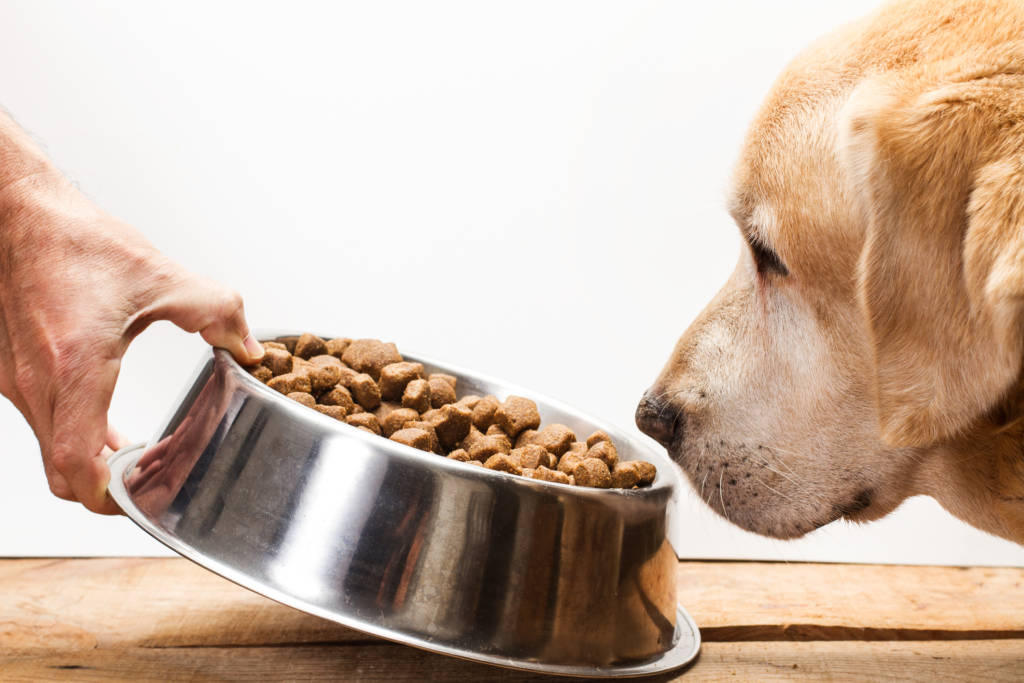
Why do dogs like kibble?
If you are a person with a wide palate and a taste for minute differences in foods, you might wonder if dogs even like the taste of dry food such as kibble. It seems so boring!
However, dogs choose their foods mostly by smell. When a kibble smells delicious and meaty, dogs are much more likely to enjoy it.
Dogs rarely spend time chewing their food and processing the taste with their actual taste buds. Rather, their decision on whether or not to eat something is based primarily on the smell, and then the food is gulped down.
The taste buds dogs do have are limited. They have the same types of receptors that we do – salty, sweet, bitter, sour, and umami – but they are fewer and also work somewhat differently.
Overall, dogs do have a relatively abundant number of sweet receptors. These receptors are especially sensitive to sucrose and fructose. A dog’s salt receptors are rarely activated by high amounts of salt – rather, they work to amplify and enhance a dog’s sweet receptors.
There is some speculation that this may be because dogs evolved as omnivores, and having efficient sweet receptors allowed them to determine if fruit was ripe or if it was spoiled.
In the end, though, most of a dog’s taste and enjoyment of food appears to be based on the smell of the food.
Dog food companies know this, and they also conduct taste tests with dogs in many cases. This helps them to learn which flavors and combinations the dogs prefer, to create a kibble that the dogs will like.
If your pup doesn’t like the taste of their kibble, then be sure to read our post Puppy Won’t Eat Kibble? Do This!
You may also be interested in reading Soaking Puppy Kibble: How, Why, and When to Stop
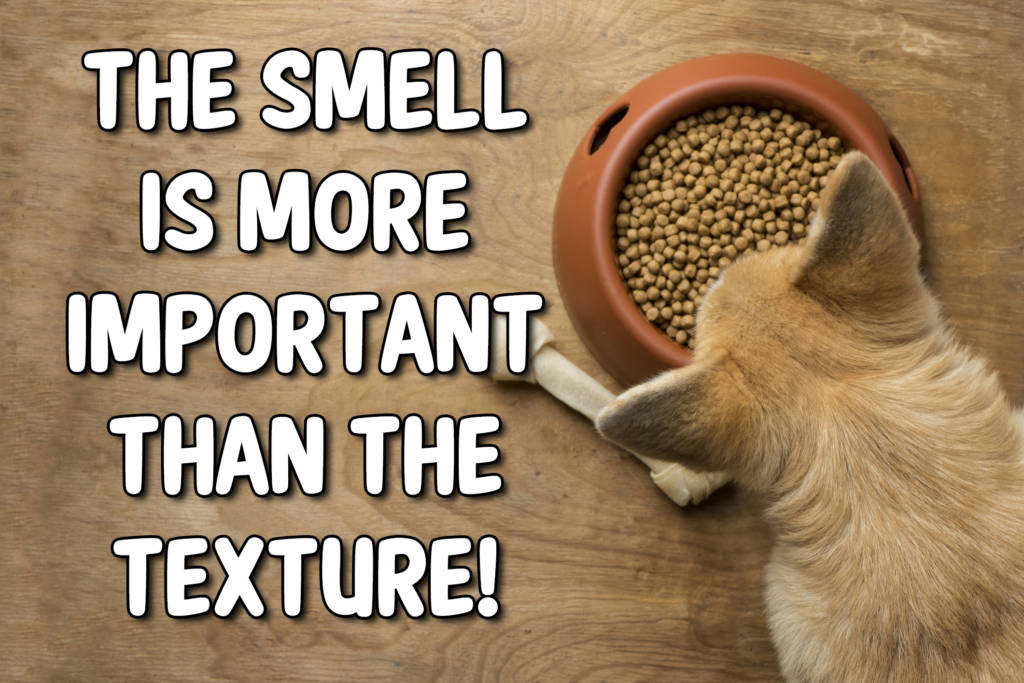
Do dogs prefer kibble or wet food?
Whether or not a dog prefers kibble or wet food likely depends on the dog and its feeding habits. Many dogs seem to show a preference for wet food, but it’s also the case that wet food is usually given less often and could be perceived as more of a treat.
Wet food also usually smells meatier than dry food – and as we’ve established, it’s all about the meaty smell. So it makes sense that this applies to wet VS dry dog food.
The difference is often strong enough for humans to notice. Most of us don’t smell lingering meat smells after feeding our dogs kibble, but could definitely notice if the dog’s bowl contained wet food instead.
Thus, it might not be as simple as a preference for the texture of wet VS dry food. It’s likely dogs often show a preference for wet food based on the stronger smell, rather than the food being better itself.
The texture of the kibble or wet food doesn’t seem to factor into a dog’s choice of food.
Kibble is often much more economical and easier to store and feed than wet food. Don’t feel bad for feeding kibble if your dog really enjoys wet food, because if they’re eating it, then they like it!
Feed them what works best – money and time-wise – and you can always give them the occasional wet food snack or meal mixer.
We have great news; our dog feeding calculator is now LIVE. You can use it here: Dog Feeding Calculator.
You may also want to read: Dog Food Storage: Leftover kibble and wet food
Or maybe this one: When Can Puppies Eat Kibble? Answered!

